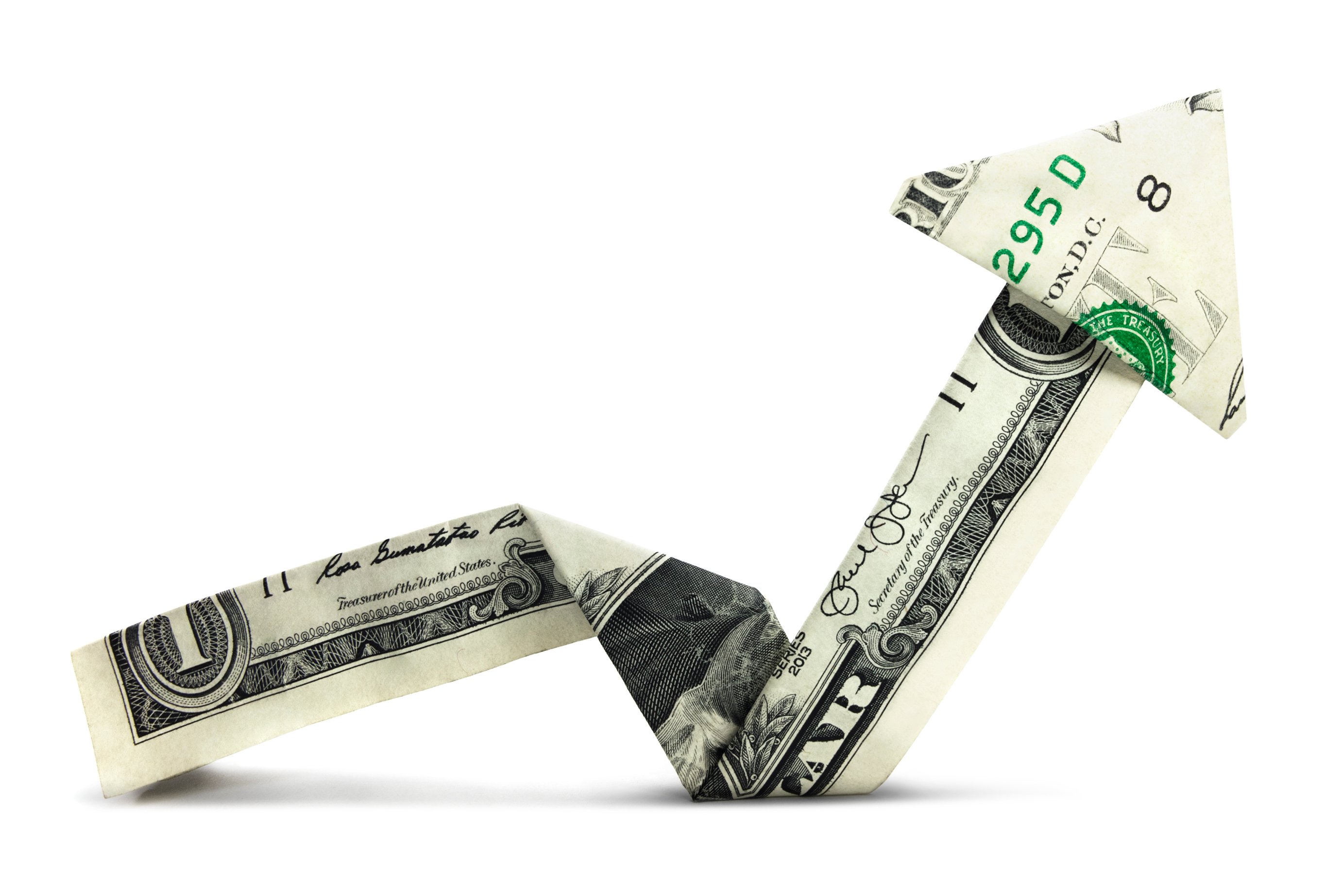Borrowing the words from The Grateful Dead, "what a long, strange trip it's been" for shares of Internet radio pioneer Pandora Media (P +0.00%).
After exploding upward to dubious heights, Pandora's shares have come back to Earth (and then some) over the past two years. More recently, Pandora's disappointing third-quarter earnings report helped push the streaming radio pioneer's stock into negative territory over its lifespan on the public market.
I've discussed Pandora at length in recent years, often voicing a somewhat skeptical stance that the company could ever effectively scale its cost-laden business model. However, in stepping back even further, a recent revelation struck me that speaks to the just how badly things have played out for Pandora.
Sin of omission: Pandora missed on-demand
For those that haven't followed its evolution extensively, to say Pandora was the first mover in the now-booming streaming music space would be an understatement in the extreme.
The firm was founded in January 2000, the very turn of the millennium, a full 18 months before illegal download site Napster shuttered its service and a calendar year before iTunes launched. Leads don't get much earlier than this.
To be sure, Pandora has certainly thrived in many regards since its early inception. Powered by its "Music Genome Project," the algorithmic tagging technology that matches similar songs for users' stations, the service exploded in the 2000s, culminating with its successful IPO in 2011. However, as it built out what has today become the most dominant Internet radio platform in the U.S., Pandora's management also made a cardinal sin of omission that could threaten the company's long-term trajectory.
That Pandora never added on-demand functionality to its product remains a head-scratcher on a grand scale in my eyes. Although potentially hampered by its closely guarded licensing agreements, Pandora missed the rise of what has become the most significant driver of growth in the music industry, and it isn't immediately clear why this now-glaring oversight came to pass. It could be that Pandora's licensing deals with the larger record labels, forbade Pandora from adding an on-demand option. However, as on-demand services like Spotify have added radio functions, it doesn't necessarily follow that this would be the case.
What we do know is that on-demand streaming from companies like Spotify has likely surpassed Pandora's brand of online radio as the dominant streaming platform globally. Since Spotify remains private, we can't compare revenues and profits between Pandora and its Swedish rival. And while royalty rates could differ, music industry research clearly demonstrates that on-demand services like Spotify pay out more on an absolute scale and are growing more quickly than on-demand radio, which paints Pandora on the losing end of the music industry's most significant growth story in the last five years.
Peak Pandora?
Unfortunately for its shareholders, Pandora's recent quarterly report again demonstrated both the fundamental shortcomings in its business model and an alarming loss in what one could argue is its most important metric.
One the financial side of the equation, Pandora again managed to produce meaningful revenue growth with total sales rising an impressive 30%. Unfortunately, despite tailwinds at the top line, the service's gross profits somehow actually declined year over year and Pandora's net losses widened as well. I've questioned whether Pandora's business model will ever scale, and its nine losses in its 11 past quarters, even as revenue as effectively tripled, should have alarm bells ringing for investors. However, this isn't the most troubling aspect of Pandora's business.
Worse yet, Pandora is actually losing subscribers, a frightening trend that began at the start of its fiscal 2015.

Source: Pandora Investor Relations.
In recent quarters, Pandora has been able to grow revenue while losing customers by increasing the number of hours each customer listens to the service, one of the few positive metrics for the beleaguered company. However, the listening-hour growth can only go so far. There are only so many hours in the day, if you will. And if, or when, Pandora brushes up against that limit, the firm's still-unprofitable revenue growth will also grind to a halt.
Like similar struggling IPO darling Twitter, user growth is supported by product innovation for technology businesses, and Pandora has failed badly in this regard. The company's Internet radio more or less does exactly what it did five years ago, while the music industry and technology world has changed around it. For a company that for so long lead the rise of streaming music, the fact that Pandora finds itself against the ropes today speaks to its management's blatant failures. Pandora isn't dead in the water just yet, but this once-promising growth stock is indeed in dire straits today.







